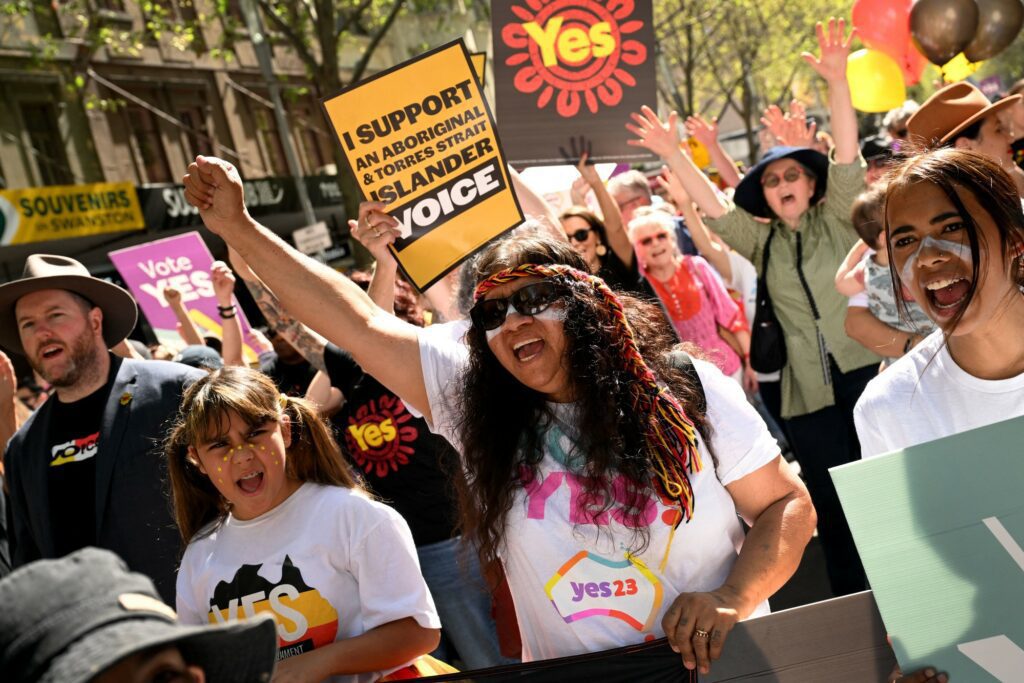Armed groups committed unlawful killings in the north of the country. Freedom of expression continued to be curtailed by the 2018 Digital Code. An opposition leader remained arbitrarily detained. The government made progress towards the implementation of the 2021 law legalizing abortion. Women confined to a hospital ward for non-payment of hospital fees were released. Thousands of people who had been forcibly evicted in connection with tourism development projects continued to demand adequate compensation.
Background
Attacks by armed groups continued in the Alibori and Atacora departments bordering Niger and Burkina Faso. Around 40 inhabitants of these departments and 25 soldiers had been killed since 2019, according to the Beninese army. In August, 127 people accused of belonging to terrorist groups were released from prison after their cases were dismissed. Experts from Benin’s Fisheries and Oceanological Research Institute warned of the risk of rising sea levels in several parts of the country, including the economic capital Cotonou, due to climate change.
Unlawful killings
President Patrice Talon ordered an investigation into the deaths of around 15 people in attacks by armed groups on inhabitants of the commune of Kérou in the Atacora department in May.
Freedom of expression and assembly
Freedom of expression continued to be threatened, notably by the 2018 Digital Code, which criminalizes with imprisonment the publishing of false information online. The government continued to use the security situation in the north of the country to justify ongoing restrictions on the right to strike.
On 24 May, the Public Prosecutor’s Office requested a 12-month prison sentence for journalist Maxime Lissanon, who had been in custody since 13 January for “inciting rebellion”. He was arrested following a post on his Facebook page during the legislative elections on 8 January, in which he wrote that representatives of the opposition party Les Démocrates had been prevented from entering polling stations.
On 15 June, Virgile Ahouansè, news director of the online radio station Crystal News, was given a 12-month suspended prison sentence for “disseminating false information”. In December 2022, he had broadcast an investigation containing witness statements accusing the police of extrajudicial executions at a school in the city of Porto-Novo.
On 8 August, the High Authority for Audiovisual and Communication suspended until further notice “all means of mass communication” of the Gazette du Golfe press group, in connection with an alleged “apology for coups d’état”.
On 31 August, police officers in Pendjari National Park arrested and detained Damilola Ayeni, a journalist for the Foundation for Investigative Journalism (FIJ), who was working on a Nigeria-Benin environmental report, according to FIJ. He was accused of participating in terrorist activities and was released nine days later without charge.
The ban on the right to strike for workers in the air and maritime transport, and oil and gas sectors was still in force after a law was passed by MPs in October 2022.
Arbitrary detention
Opposition leader Reckya Madougou remained in detention despite a statement issued by the UN Working Group on Arbitrary Detention in 2022 considering her detention arbitrary.
Excessive use of force
Martin Hounga, aged 18, was killed during a police operation on the night of 4 September in the city of Hêvié. On 12 September the police announced that the case had been referred to the public prosecutor of the Abomey-Calavi court and to the police technical inspector to conduct a judicial and administrative investigation into the death.
Women’s rights
On 12 April, the government adopted a decree laying down the conditions for the implementation of voluntary abortion, which had been expanded by law in December 2021.
Right to health
In May, four women confined to a ward in the Mènontin District Hospital since March for non-payment of hospital fees were released following a visit to the hospital by social services and a delegation from the Ministry of Health and the Ministry of Social Affairs.1
Forced evictions
Several thousand people who had been forcibly evicted in connection with tourism development projects along the coast, between the cities of Cotonou and Ouidah, continued to complain about the lack of adequate compensation. In many cases there were violations of international human rights law and Beninese law before, during and after the evictions, regarding prior notification and prior and fair compensation.
“Benin: Women and their babies deprived of their liberty for unpaid hospital bills”, 5 May (French only)
Source link : https://www.amnesty.org/en/location/africa/west-and-central-africa/benin/report-benin/
Author :
Publish date : 2021-08-20 14:24:30
Copyright for syndicated content belongs to the linked Source.
